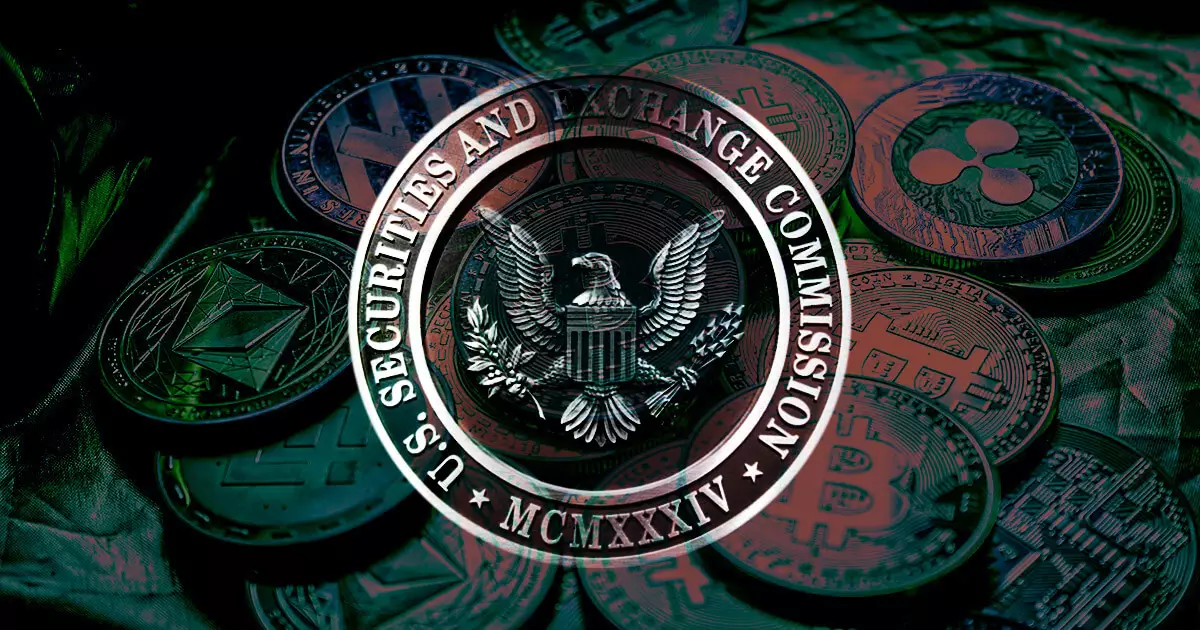The recent actions taken by the US Securities and Exchange Commission (SEC) against TrueCoin and TrustToken shed light on the increasingly critical landscape of cryptocurrency regulation. The September 24 announcement revealed that these entities faced allegations of fraudulent and unregistered sales of investment contracts connected with their TrueUSD (TUSD) stablecoin. Notably, the companies opted for a settlement without admitting or denying the accusations, indicating a strategic move to mitigate potential reputational damage and the protracted costs of litigation. Each entity has agreed to pay civil penalties amounting to $163,766, along with TrueCoin facing additional financial repercussions pending court approval.
Allegations of Misrepresentation and Risky Investments
At the heart of the SEC’s complaint lies the allegation that TrueCoin and TrustToken misrepresented the backing of TUSD. Marketed as being fully backed by US dollars, it was discovered that a significant portion of the reserves was instead funneled into a risky offshore investment fund. This misallocation raises serious ethical questions about the transparency in the management of investors’ capital. By March 2022, over $500 million in backing assets was reportedly allocated to this speculative fund, undermining the very stability that a stablecoin is meant to provide.
As of September 2024, the SEC reported that an astounding 99% of the reserves supporting TUSD were tied up in this risky fund. This stark figure underscores the potential dangers faced by investors who might have relied on the companies’ assurances about safety and liquidity. The persistent misrepresentation of TUSD’s backing extends beyond mere negligence; it suggests a conscious effort to lead investors to believe that their funds were secure when, in fact, they were subjected to substantial unrealized risks.
Compounding the severity of these allegations is the assertion that TrueCoin and TrustToken were aware of the impending redemption issues by the fall of 2022. Despite this knowledge, they continued to misrepresent TUSD as a one-to-one dollar-backed stablecoin. This behavior not only jeopardizes the trust of investors but also raises questions about the operational integrity of the companies themselves. As the market for cryptocurrencies grows, such practices can lead to wider systemic risks, affecting not just individual investors but the broader financial ecosystem.
From November 2020 to April 2023, TrueCoin and TrustToken engaged in unregistered sales of TUSD investment contracts, further complicating their standing with regulatory bodies. Their involvement with TrueFi, a decentralized money market facilitating lending using stablecoins, adds another layer of complexity to the matter, as it raises concerns about both compliance and the governance of decentralized finance platforms.
In the wake of the SEC’s announcement, TrueUSD’s market cap has dropped to nearly $494 million, reflecting an unsettling de-pegging from its intended value. As the stablecoin ecosystem grapples with regulatory scrutiny, the actions taken against TrueCoin and TrustToken serve as a clarion call for more rigorous oversight and transparency in cryptocurrency dealings.
The SEC’s aggressive stance is likely to shape future regulatory measures concerning stablecoins and their management. For investors and stakeholders within the cryptocurrency space, this incident serves as a reminder of the need for vigilance and due diligence when engaging with digital assets, especially those marketed as safe investment vehicles. The outcome of this case could have lasting implications on regulatory frameworks and investor protection in the cryptocurrency realm.


Leave a Reply